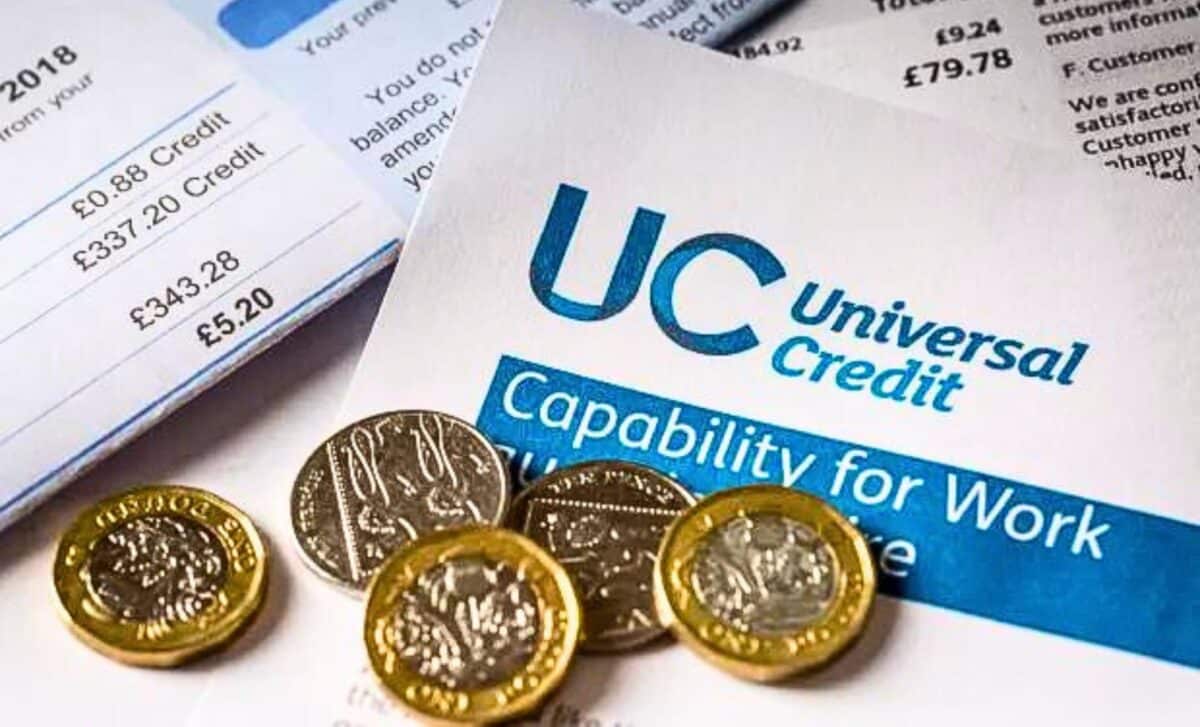UK government body the Department for Work and Pensions (DWP) is offering a helping hand to eligible Universal Credit recipients with its Help to Save scheme. The scheme allows people to earn up to £1,200 in savings bonuses over four years.
Furthermore, a recent policy update for Personal Independence Payment (PIP) claimants may lead to an additional monthly benefit. Let’s look at these opportunities in more detail.
What is DWP’s Help to Save Scheme?
Help to Save is a government-backed scheme aimed at helping eligible people save money. Essentially, it’s a type of savings account that doesn’t pay interest.
However, it does offer a generous government-funded bonus to encourage regular saving. This plan can be a real financial lifeline for families struggling to cope with the rising cost of living. To benefit from this programme, you must be resident in the UK and receive Universal Credit.
How Does Help to Save Work?
Residents can save between £1 and £50 a month through the Help to Save programme. As long as the monthly limit is not exceeded, the frequency of contributions can vary. At the end of the fourth year, the account is closed and the holder is entitled to keep all savings and bonuses earned.
In addition, the government grants a bonus of 50% on the highest balance saved over the two- and four-year periods. In short, regular savers can earn up to £1,200 in bonuses over four years.
Increase in PIP Benefits
Moving on to Personal Independence Payment (PIP), there has been a recent rule change by the DWP which benefits certain PIP claimants.
The recent changes in PIP rates mean:
- The standard daily living allowance has increased from £68.10 to £72.65 weekly.
- The enhanced daily living allowance has risen from £101.75 to £108.55 weekly.
- The standard mobility allowance is now £28.70 weekly (up from £26.90).
- The enhanced mobility allowance is £75.75 weekly (up from £71).
For those receiving both the full daily living and mobility allowances at the new enhanced rates, the total weekly entitlement equals approximately £798.63 monthly.
Applicants’ eligibility for DWP is determined by an assessment of their ability to carry out a range of daily tasks and activities. This includes factors such as meal preparation, personal care, managing health problems, communication, understanding and social engagement.
In order to benefit from the standard component of daily living, an applicant must score at least 8 points, while 12 points are required for the enhanced level.
Anyone who thinks they may be affected by this change in rules can contact the PIP helpline to make an application or request a reassessment.
Together with the Help to Save scheme and the recent increase in PIP benefits, the DWP is providing valuable financial assistance to those in need. The Help to Save programme offers a practical way to build up savings while benefiting from substantial government bonuses.









